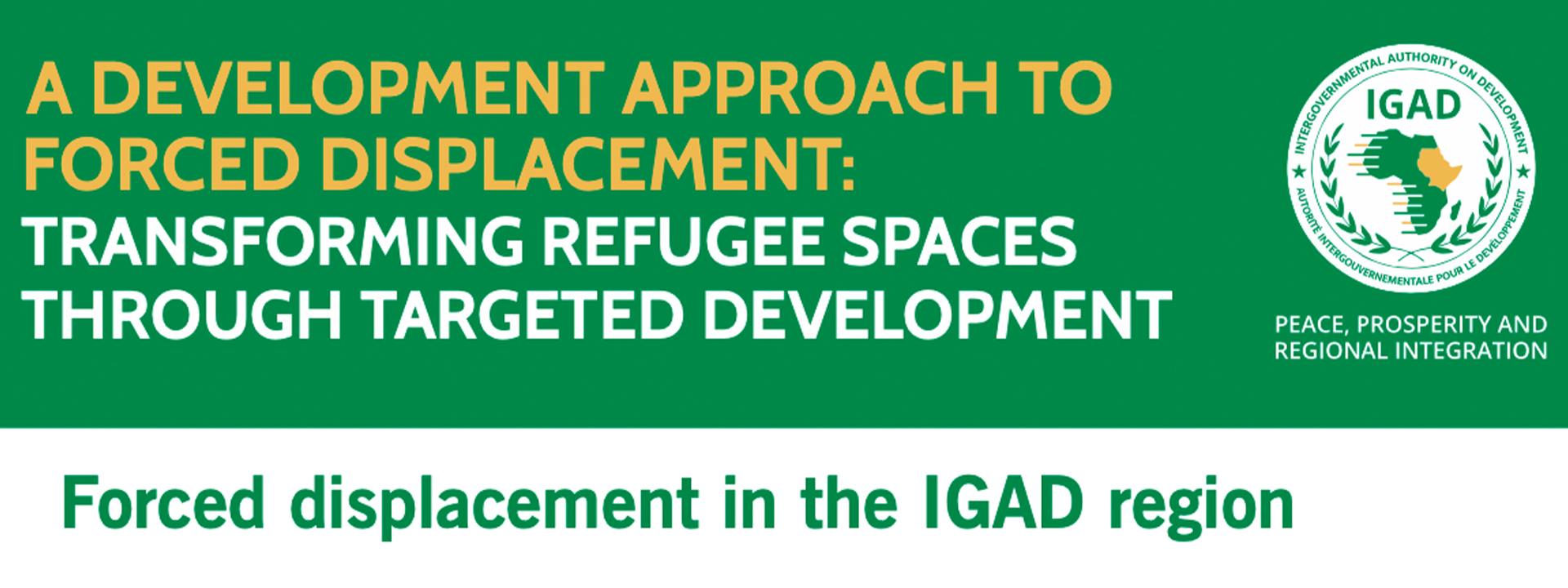The IGAD region is grappling with forced displacement crises of staggering proportions. Conict, drought and persecution have driven some of the world’s most vulnerable people from their homes. The region is host to some 4.51 million refugees and asylum-seekers, as at the end of June 2022. This represents an estimated 21.6 per cent of the global refugee population. The majority of refugees are from South Sudan (2.35 million). The region also has 12.75 million Internally Displaced Persons (IDPs) mostly in Sudan, South Sudan, Ethiopia, and Somalia, displaced due to both conict and natural disasters. The majority of the refugees and IDPs are in protracted displacement situations, lasting an average of over 10 years. A total of 686,000 refugees returned to their countries of origin, with 16,038 having returned between January and June 2022. IGAD Member States continue to warmly welcome those seeking refuge. (UNHCR, 2022)
Within host countries, refugees often reside in historically underserved border areas that are also environmentally fragile. This places additional strain on communities already facing a precarious socio-economic situation plagued by food insecurity, limited access to basic social services and economic infrastructure, poor livelihood opportunities, and a degraded natural resource base (World Bank, 2018).
Regional and global humanitarian responses to this crisis have saved lives, but are costly and unsustainable. Traditional refugee hosting models address only the basic assistance and protection of refugees but are not suitable for sustainable social, economic and environmental development.
A joint study conducted by the World Bank and UNHCR in 2015 found that humanitarian responses have limited capacity to deliver sustainable self-reliance and resilience. Furthermore, fragmented approaches and partnerships among government, humanitarian and development actors create substantial funding gaps that exclude refugee hosting communities. The study highlighted that the protracted displacement of refugees has created competition between refugees and host communities over scarce social services, economic infrastructure, livelihood opportunities, and environment and natural resources, and often leading to rising food and commodity prices, depression of local wage rates, and increased environmental degradation.
This situation called for a mind and paradigm shift for member states of IGAD and other partners working on displacement through generation of evidence that supports and gives reason to innovative development approaches.
Download the attached document in PDF below

